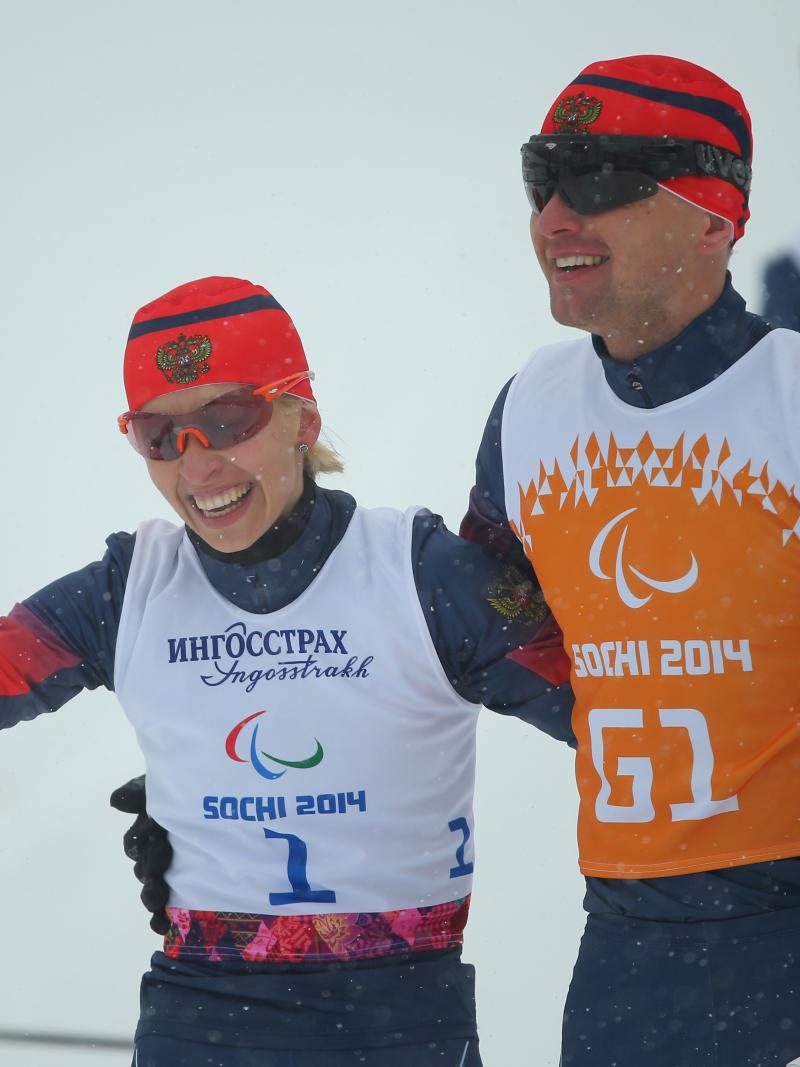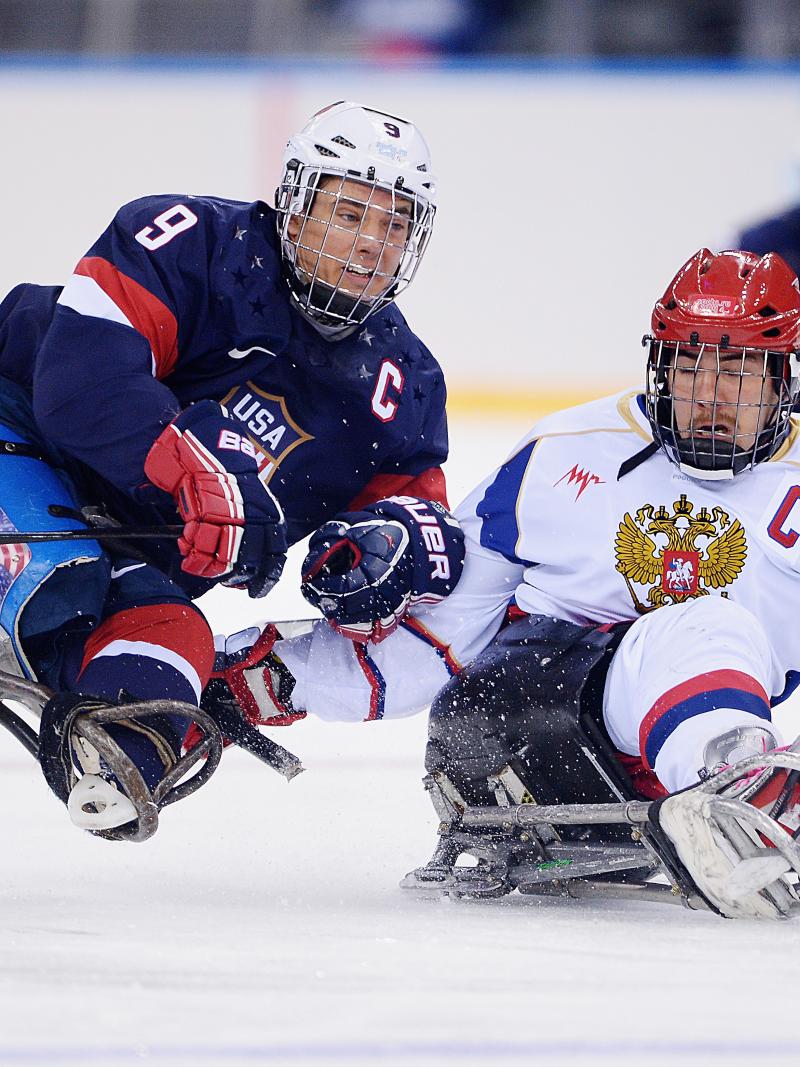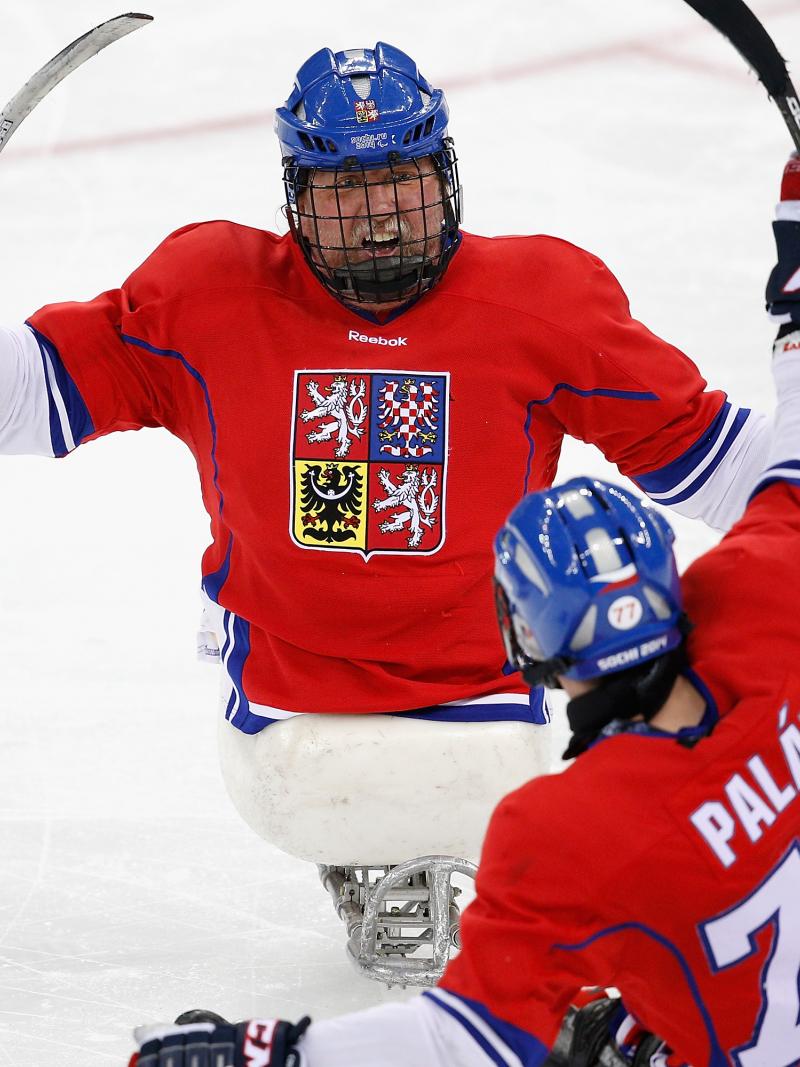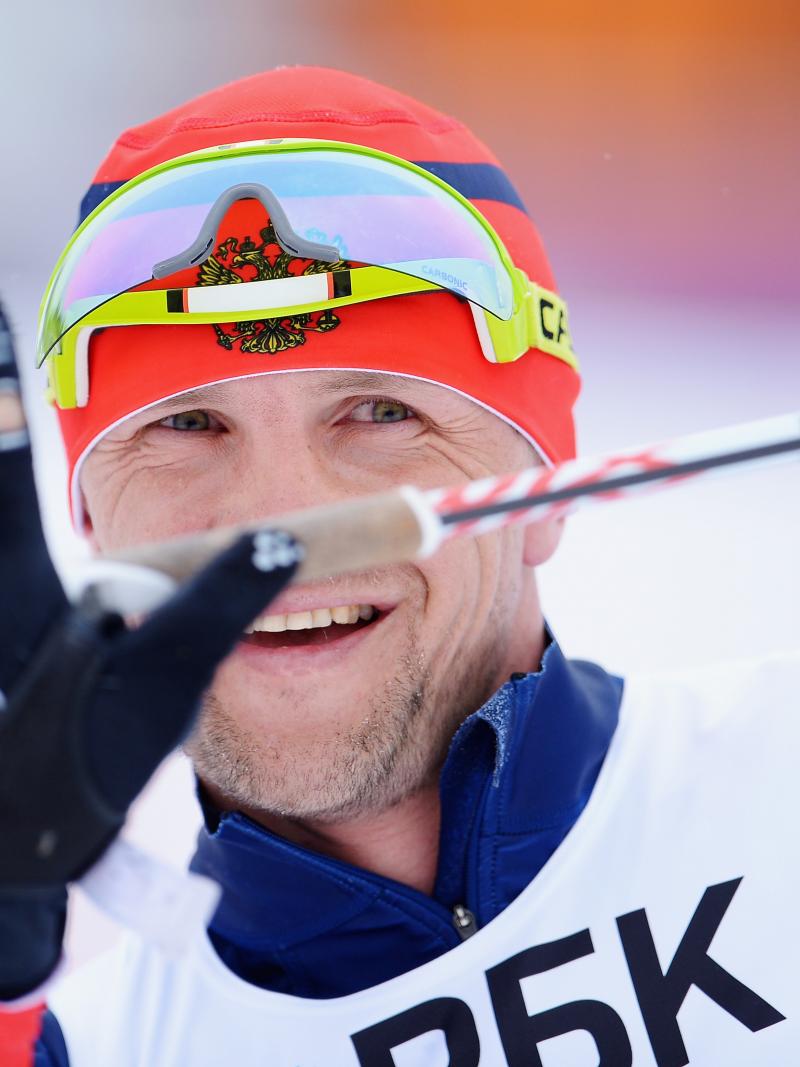Scandinavian countries come together for Sochi 2014 alpine skiing events
Sweden, Finland, Norway, Denmark and Iceland are sharing resources to help Paralympic winter sports grow. 15 Mar 2014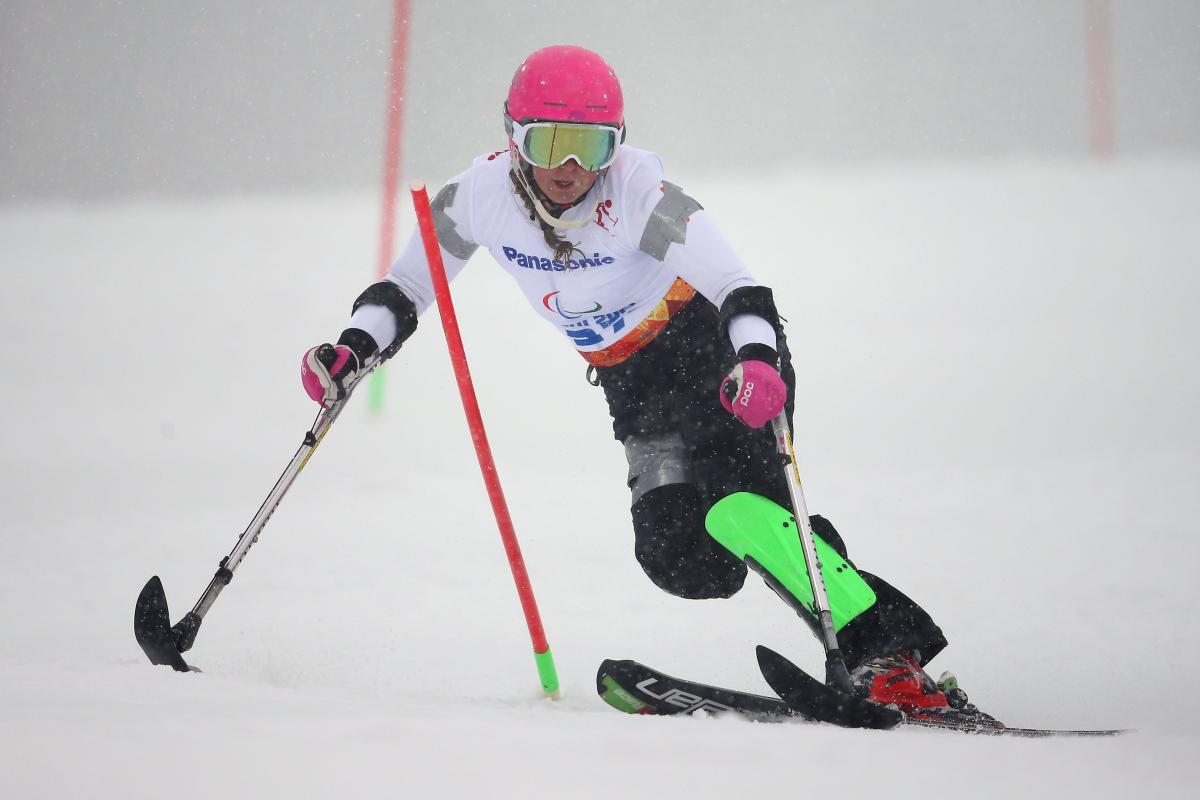
Denmark's Line Damgaard competes in the women's slalom standing on Day 5 of Sochi 2014.
“I think our evaluations will show that it is a good way of working and I know for the Summer Paralympics in Rio, there is an ongoing discussion in one of our sports to do something parallel to this.”
The Paralympics provide a stage for athletes across the world to proudly compete for their country in an international festival of sport. However, the Sochi 2014 Paralympic Winter Games has provided another purpose for five countries that are very familiar with each other.
Scandinavian alpine skiers from Sweden, Finland, Norway, Denmark and Iceland have come together and are managed under one team of 10 staff members from each of the five countries.
As well as competing against each other, the Secretary General of Sweden’s National Paralympic Committee, Johan Strid, said it is more important to help each other with common goals to develop in their sport.
“It’s a matter of being smart with resources in order to focus on the right things,” he said.
“We have five small countries in the Nordic region, so in alpine skiing, we have seen an opportunity to work together to get a full team of support to all the Nordic alpine skiers. It’s an effort we like to call “Five Nations One Team” where we all work together.
“We can all focus on the things we are good at in each country and we can all support each other. This way we can make it more efficient so we all save some money that we can use for sports development, which is very important.”
With only nine alpine skiers across the five countries, only three of those nations have collected a combined total of seven medals in history, which is surprising since they are familiar with the winter weather.
Strid said that many members of the newly founded organisation have seen the benefits of their efforts and are looking at the possibility of doing something similar for the Rio 2016 Paralympic Games.
“This is the first time it has been done but so far we are all very positive about this,” he said. “I think our evaluations will show that it is a good way of working and I know for the Summer Paralympics in Rio, there is an ongoing discussion in one of our sports to do something parallel to this.”
“For Sweden, we are surprisingly weak in winter sports,” Strid added.
“We took our first Paralympic gold for 20 years here in Sochi. So for a winter country, we have some work to do.”
Strid expressed the importance of looking to the future and developing more young people into sport, who he said could gain a lot of experience and support from a merger like this one in Sochi.
“I would like to see if we can expand it to the youth so we can create more opportunities for them to exercise and compete,” he said.
“Take sledge hockey for example, where Sweden has two teams and I think Norway has four or five club teams so we are not that many. In order to create enough competition, we should probably organize something together where clubs can compete.
“Since our target group is people with disabilities and by nature, they are a smaller group than able-bodied sports. There are not many countries that have a large enough number within themselves and we definitely do not. We need more and if we co-operate, we can offer athletes a more positive and competitive environment that will make them better.”





